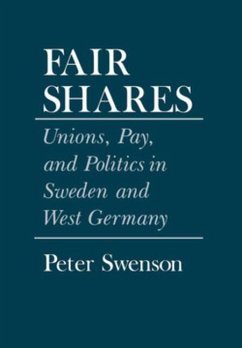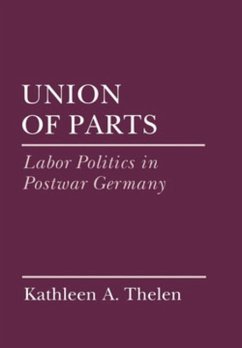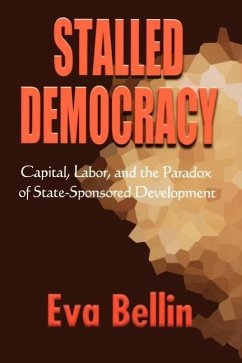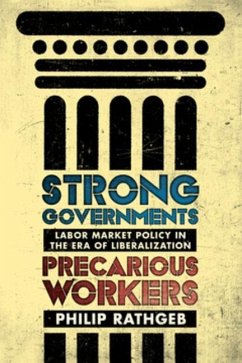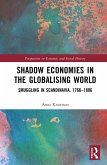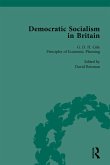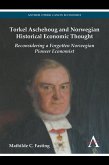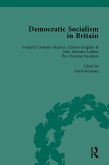Conflict between labor and capital reflects the competitive and conflict-laden relations within the working class itself, Peter Swenson maintains. Fair Shares examines the internal conflicts of organized labor regarding distribution of wages in order to explain both union leaders' market-structuring objectives in the "political economy", and their imperative to shape and fulfill workers' notions of pay fairness in the "moral economy". Swenson develops an innovative theoretical approach to labor politics through a detailed comparative analysis of union centralization and collective bargaining in Sweden and Germany since the turn of the century.
To create solidarity and overcome workers' opposition to centralized control of the labor movement, Swenson argues, union leaders depend heavily on moral appeals concerning fair pair distribution and on success in fulfilling workers' expectation of fairness. Swenson interprets union politics as the attempt to overcome what he calls the "wage policy trilemma"
To create solidarity and overcome workers' opposition to centralized control of the labor movement, Swenson argues, union leaders depend heavily on moral appeals concerning fair pair distribution and on success in fulfilling workers' expectation of fairness. Swenson interprets union politics as the attempt to overcome what he calls the "wage policy trilemma"
Dieser Download kann aus rechtlichen Gründen nur mit Rechnungsadresse in A, D ausgeliefert werden.

